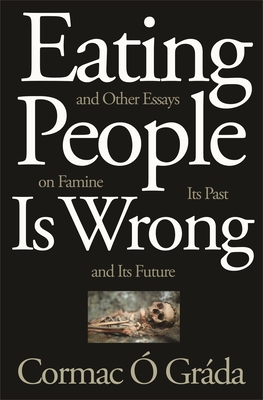Expedite your nonfiction book discovery process with Readara interviews, summaries and recommendations, Broaden your knowledge and gain insights from leading experts and scholars
In-depth, hour-long interviews with notable nonfiction authors, Gain new perspectives and ideas from the writer’s expertise and research, Valuable resource for readers and researchers
Optimize your book discovery process, Four-to eight-page summaries prepared by subject matter experts, Quickly review the book’s central messages and range of content
Books are handpicked covering a wide range of important categories and topics, Selected authors are subject experts, field professionals, or distinguished academics
Our editorial team includes books offering insights, unique views and researched-narratives in categories, Trade shows and book fairs, Book signings and in person author talks,Webinars and online events
Connect with editors and designers,Discover PR & marketing services providers, Source printers and related service providers

Eating People Is Wrong, and Other Essays on Famine, Its Past, and Its Future
Business & Economics > Economic History
- Princeton University Press
- Paperback
- 9780691210315
- 9.1 X 6.1 X 0.7 inches
- 0.85 pounds
- Business & Economics > Economic History
- (Single Author) Asian American
- English
Readara.com
Book Description
New perspectives on the history of famine--and the possibility of a famine-free world
Famines are becoming smaller and rarer, but optimism about the possibility of a famine-free future must be tempered by the threat of global warming. That is just one of the arguments that Cormac � Gr�da, one of the world's leading authorities on the history and economics of famine, develops in this wide-ranging book, which provides crucial new perspectives on key questions raised by famines around the globe between the seventeenth and twenty-first centuries.
The book begins with a taboo topic. � Gr�da argues that cannibalism, while by no means a universal feature of famines and never responsible for more than a tiny proportion of famine deaths, has probably been more common during very severe famines than previously thought. The book goes on to offer new interpretations of two of the twentieth century's most notorious and controversial famines, the Great Bengal Famine and the Chinese Great Leap Forward Famine. � Gr�da questions the standard view of the Bengal Famine as a perfect example of market failure, arguing instead that the primary cause was the unwillingness of colonial rulers to divert food from their war effort. The book also addresses the role played by traders and speculators during famines more generally, invoking evidence from famines in France, Ireland, Finland, Malawi, Niger, and Somalia since the 1600s, and overturning Adam Smith's claim that government attempts to solve food shortages always cause famines.
Thought-provoking and important, this is essential reading for historians, economists, demographers, and anyone else who is interested in the history and possible future of famine.
Author Bio
Cormac Ó Gráda is professor emeritus of economics at University College Dublin. His books include Famine: A Short History and Black '47 and Beyond: The Great Irish Famine in History, Economy, and Memory (both Princeton).
Source: Princeton University Press
Videos
No Videos
Community reviews
No Community reviews

